Have you been gifted an inheritance following the passing of a loved one? When you are the beneficiary of property or assets that have been left to you in a Will, you may be required to pay capital gains tax on the inherited property if you decide to sell it. If you’re looking to sell inherited property or you’re concerned that you’re liable to pay inheritance tax, read on to discover the tax implications of an inheritance.
What is Capital Gains Tax?
Capital gains tax (CGT) is a levy on the profit earned from selling certain assets. These assets include real estate, shares and other investments. The tax is applicable when the sale price of the assets exceeds the original purchase price.
However, certain exemptions and concessions exist, such as the primary residence exemption and small business concessions. The CGT is calculated based on the individual’s marginal tax rate, with discounts available for assets held longer than 12 months. It plays a significant role in revenue generation for the government and influences investment decisions and financial planning strategies for individuals and businesses alike.
What is an Inheritance Tax?
An inheritance tax is a tax you pay on any assets you might inherit when you are the beneficiary of a Will. While inheritance taxes used to be common in most states, by 1981 all Australian states had abolished these taxes.
While there is no longer inheritance tax in Victoria, you may still have tax obligations when you inherit. This includes capital gains tax (as explained above) and income tax, which applies as it usually would to any dividends from shares or rental income from property that you inherit. It’s important that if you inherit assets that are making income, such as an investment property, that you include this on your tax return.
When does Capital Gains Tax apply to an Inheritance?
Typically, when you inherit an asset, capital gains tax will not apply. However, when you sell an asset that you have inherited, CGT may become relevant to any money you make from the sale of the asset.
For example, if you sell a property that you have inherited (and the property has not been your principal place of residence, i.e. you didn’t move into the home upon inheriting it), you may have to pay CGT.
If you sell an asset which is not a property, such as a personal-use asset (e.g. household items, furniture and boats) or a collectable (e.g. antique, jewellery and artwork), the normal rules apply for CGT. Cars are not classed as personal use assets and are exempt from CGT.
Capital Gains Tax Discounts
If you own an inherited asset for twelve months or more and then decide to sell it, you are eligible for a CGT discount. The discount reduces the capital gains tax by 50%.
There are also some caveats to the twelve month ownership requirement; for example, you can count an asset’s previous ownership towards your 12-month ownership period if you acquired it through a deceased estate, as long as the asset was acquired by the deceased person after 20 September 1985.
Speak to a Lawyer
Puzzled by the complexities of taxation law when it comes to inheritance? The team at RV Legal can help. Chat to our team today for clear and comprehensive advice on your situation.

